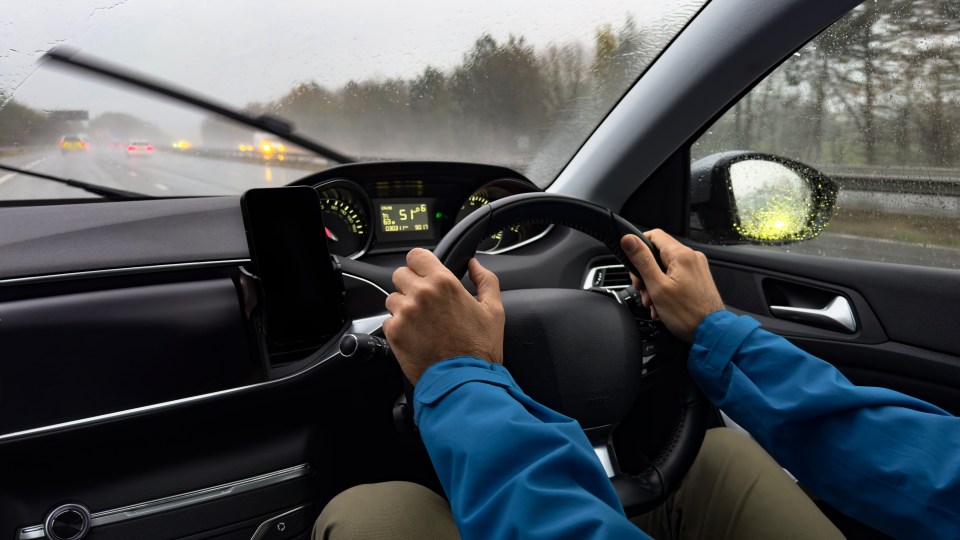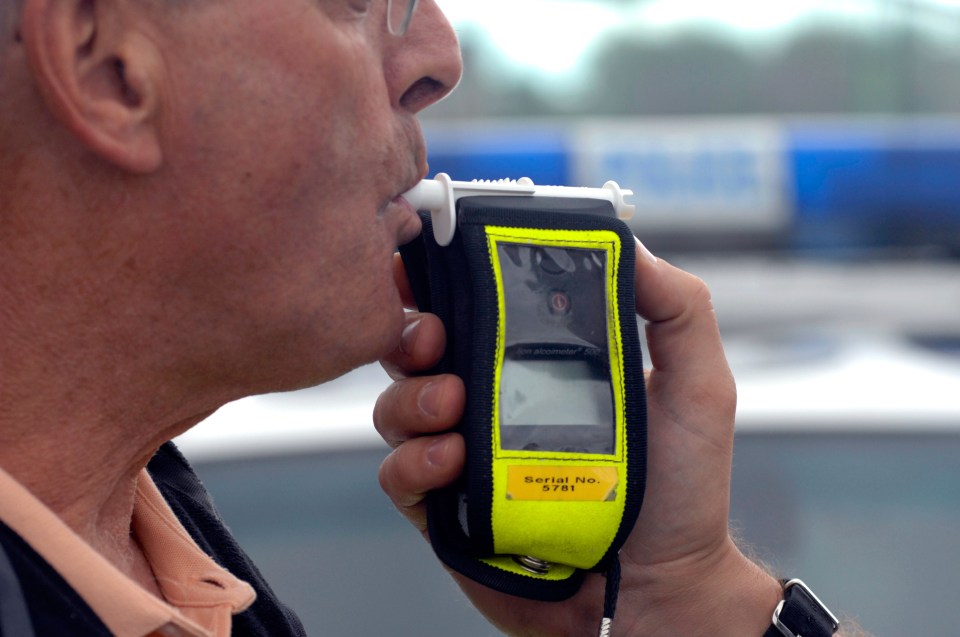THE drink-drive limit could be slashed as part of new road safety plans being drawn up by ministers.
It is one of a number of measures due to be published in a new road safety strategy this autumn, potentially containing some of the most far-reaching reforms since the Road Safety Act in 2006.
This includes a reduction in the drink-drive limit as well as tougher punishments of penalty points for drivers whose passengers fail to wear seatbelts, reports The Times.
Ministers are expected to reduce the drink-drive limit in England and Wales from 35 micrograms of alcohol per 100ml of breath to just 22 micrograms – the same as the current level in Scotland.
Many officials believe traditional road safety messages about avoiding drink-driving are failing to curb the number of accidents.
There are also concerns over the rise in drug-driving and the number of older people who continue to drive despite health issues, as well as the number of those travelling without wearing seatbelts.
Last year, 1,633 people died in road traffic accidents while nearly 28,000 were seriously injured – the equivalent of one casualty every 18 minutes.
The last time there were around 28,000 serious injuries on the road was 2007.
While serious road casualties almost halved between 2000 and 2010 from 41,000 to 24,000 they have since risen by nearly 20 per cent.
Other plans being floated by ministers include the banning of drivers over the age of 70 if they fail compulsory eye tests.
A recent coroner’s report on the deaths of four people killed by drivers with failing sight warned that the UK had the most relaxed laws in Europe.
It is one of only three European nations to rely on self-reporting of conditions affecting sight and the ability to drive.
The number of drivers in Britain over the age of 60 involved in collisions where someone is killed or seriously injured has risen by a staggering 47 per cent since 2010.
But new plans being developed under transport secretary Heidi Alexander could lead to tougher penalties and a range of new safety measures.
For example, eye testing for over-70s could be conducted every three years when renewing their licence while there could also be the introduction of medical tests for conditions such as dementia.
Current laws mean drivers who fail to wear a seatbelt receive three points on their licence and a maximum fine issued in court of £500.
Passengers who are in possession of a licence who do not wear a seatbelt can be issued with two penalty points.
However, new laws could lead to tougher penalties for drivers whose passengers fail to wear seatbelts.
Potential new safety laws on driving
- Reduce the drink-drive limit from 35 micrograms per 100ml of breath to just 22 micrograms
- Punish drivers with penalty points if their passengers fail to wear seatbelts
- Banning over-70s from driving if they fail mandatory eye tests, conducted every three years when they renew their licence
- Medical tests for conditions such as dementia for older drivers
- Make it easier for police to bring prosecutions for drug-driving by having roadside saliva tests be permissible as evidence rather than blood tests
- Criminal penalties for driving without insurance
- Measures to tackle so-called ghost plates which cannot be read by automatic number-plate recognition cameras
Between 2014 and 2023, the number of people killed in road traffic accidents who were not wearing a seatbelt rose from 21 per cent to 25 per cent.
For passengers travelling the back-seat, this rose to a shocking 40 per cent.
On top of tougher restrictions on drink-driving, ministers are expected to table laws cracking down on drug-driving.
This includes making it easier for police to bring prosecutions by allowing them to rely on roadside saliva tests for evidence rather than blood tests.
Over the past decade, there has been a 78 per cent increase in the number of drivers killed on Britain’s roads who were found to have drugs in their system.
Plans could also see the increase in criminal penalties for those driving without insurance and measure to counter so-called ghost plates that cannot be read by automatic number-plate recognition cameras.
‘WE CANNOT SIT BY AND SIMPLY DO NOTHING’
A government source told The Times that ministers believed they had a “responsibility” to start reducing road traffic accidents again.
They said: “It cannot be right that one person is killed or seriously injured on our roads every 18 minutes.
“Just think of the impact on those people and their families. We cannot sit by and simply do nothing.”
The new road strategy is expected to be published in the autumn and will be put out to consultation – and parts of it are expected to require primary legislation.
Edmund King, the president of the AA, said such a strategy was “long overdue”.
He said: “It is in everyone’s interests to tackle road safety and bring the levels of death and serious injuries down significantly.”












